Layoffs impact immigration status and Green Card processing for individual employees, whether they are laid off or staying with their employer. This FAQ series answer questions related to the Green Card and PERM implications for employees remaining at companies who are going through layoffs.
Read MoreOn December 23, 2021, the U.S. Department of State, in consultation with the Department of Homeland Security, announced that in certain cases, the interview requirement for visa stamps may be waived for some nonimmigrant applicants with a petition approved by the U.S. Citizenship and Immigration Services. This policy will be in effect until the end of 2022. Please note that even if a visa applicant meets the below conditions, this is not a guarantee that a visa interview will absolutely not occur, as consular officers always have the option of requesting an interview.
Read MoreEffective October 1st, 2021, green card applicants will be required to present proof that they have received a complete COVID-19 vaccine series in order to complete the permanent residency process. Introduced on August 25th, 2021, the new COVID-19 vaccination requirement will only apply to applicants who are deemed age-appropriate (i.e., over 12 years of age) and not medically at-risk of completing a full COVID-19 vaccine series. The CDC has added the COVID-19 vaccines to the list of vaccinations already required for applicants seeking U.S. immigrant visas.
Read MoreBiden resurrects a U.S. immigration option for international founders and their startups that is modern and in keeping with current business models, typical funding, and more! Entrepreneurs have the Biden Administration to thank for taking the clear step in resurrected the 2017 Obama era International Entrepreneur Rule (IER), which grants immigration parole to foreign-born entrepreneurs, who can prove that through their qualifying startup, will provide a significant public benefit to the U.S., in terms of job creation and growth.
Read More… In the real world, companies have different recruitment philosophies. In some cases, they recruit competitively, seeking the most qualified candidate for their open positions with laundry lists of “desired” qualifications listed. In other situations where the competition for talent is fierce, companies go with a very lax initial qualifications list, hoping to attract as many candidates as possible initially to cast a wide net.
Enter the twilight zone of PERM labor certification, where the DOL cares about one thing and one thing only, and that is that the PERM recruitment is based solely on the actual minimum requirements for the job. Below, we list out a few of the most common pitfalls.
Read MoreWebinar providing an analysis of the recent Trump Immigration Order targeting H1B, L, and J Visa holder’s ability to obtain visas and enter the U.S. Please listen for information on who it affects, who it does not impact, and where the ambiguity remains. The webinar also provides ideas for companies on how best to reduce the impact of the Order and what else we might expect on the immigration front.
Read MoreWith the expected furloughing of 13,000 plus USCIS employees, there will be serious ramifications for U.S. companies in terms of predictability and onboarding of international employees in H1B, L1, O1, and other Visa status types. This, on top of the current Trump Immigration Executive Orders, makes for a challenging time. Be prepared by learning about three possible ramifications.
Read MoreOn June 29, 2020, the Trump Administration updated the June 22, 2020, Immigration Executive Order, providing additional detail to one of the three requirements for an individual to be subject to the immigration ban on entry for targeting H1B Visa holders as well as L1, J1, and H2B Visa holders. This amendment unfortunately seems directly aimed at removing an argument that we were hoping to be able to use in helping clients reduce the impact of the Order. The change directly narrows the Visa type that a person must have held on June 24, 2020, in order to avoid falling under the ban on entry.
Read MoreWill the Department of State properly interpret and apply the plain language of the Immigration Order? Are those individuals who were inside the U.S. on June 24, 2020, exempt from the Order? Are those who held any valid visa type on June 24, 2020 exempt? It already appears that the DOS is failing to abide by the actual criteria of Trump's Immigration Order.
Read MoreHow does the Trump Immigration Executive Order impact Canadian H1B and L1 ‘Visa’ holders? Trump’s Executive Order set to become effective on June 24, 2020 is set to impact visa holders seeking entry from abroad through the H1B professional worker visa, L intracompany transfer visa, but Canadians may be okay it appears.
Read MoreAs expected, President Trump has released a follow up Executive Order to the Proclamation that was issued on April 22, 2020 which restricted Green Card processing for those outside of the U.S. Many of the restrictions we expected to be in this Executive Order are now in fact confirmed as provided in detail below. This order is set to last from June 23, 2020 through until December 31, 2020 with possible extensions thereafter.
Read MoreThe B1 in lieu of H1B nonimmigrant visa status provides a special exemption to the work restrictions that typically apply to the B1 business visitor. This exemption allows foreign professionals working in specialized occupations who would otherwise be eligible for an H-1B visa to perform productive work on a B-1 visa, so long as the work is being performed for the benefit of their foreign employer.
Read MoreIt is critical for employers and international H1B employees to fully understand rules surrounding material changes of employment terms including working from home, changes in wages, furloughs, and more. Read this article to get insights.
Read MoreThe O1 visa is the closest that the U.S. immigration system has to a merit-based visa option and it is greatly underutilized. The H1B visa focuses on specific job duties and wages and a candidate’s educational background, and the entrepreneurial E2 investor visa and L1A new office visa focus on the standing of a business, but the O1 directly focuses on proven ability.
Read MoreThe unfortunate reality of COVID-19 and the economic ramifications that have resulted place visa holders in a very difficult position if terminated. Attorney Hendrik Pretorius of ImmiPartner participated in a panel discussing immigration rules and options for any visa holder facing layoffs.
Read MoreThe O-1 visa is a nonimmigrant work visa reserved for those who have distinguished themselves through extraordinary achievements in the areas of science, art, education, business, or athletics. It allows foreign nationals with demonstrated national or international recognition in these fields to work in the United States for a short-term basis. Foreign nationals in science, education, business, or athletics receive O-1A visas, while those in the arts or in the motion picture and television industry receive O-1B visas.
Read MoreThe TN visa is a nonimmigrant work visa available for citizens of Canada and Mexico. Like the H-1B visa, it allows employers to temporarily employ professional foreign national workers. The candidate must practice one of a number of professions specified as qualifying under the North American Free Trade Agreement (NAFTA). While Canadian citizens may apply for TN status directly at any U.S. Port of Entry, Mexican citizens must file their applications at a U.S. consular post.
Read MoreThe H-1B visa is one of the most common types of nonimmigrant work visas for foreign professional workers. It allows U.S. businesses to employ professional foreign national workers in specialty occupations. A specialty occupation is one which requires, at a minimum, (1) the theoretical and practical application of a body of highly specialized knowledge and (2) a Bachelor's degree or higher in a specific field. For example, positions in engineering, mathematics, business specialties, accounting, law, and architecture are specialty occupations.
Read MoreIn this article, we consider a recent interview conducted by Hendrik Pretorius of ImmiPartner, passing along suggestions for F1 Visa holders who are students and soon to be looking to enter into OPT and likely seeking H1B or other nonimmigrant visa solutions to work in the U.S.
Read MoreIt is critically important for HR professionals and company decision-makers to realize that layoffs in particular role types will have negative impacts on the Green Card processes for international employees in the same or related roles. Let’s consider this more closely.
Read More




















